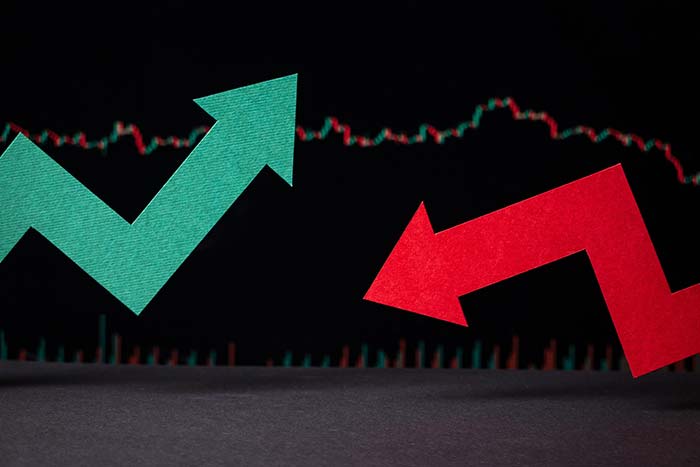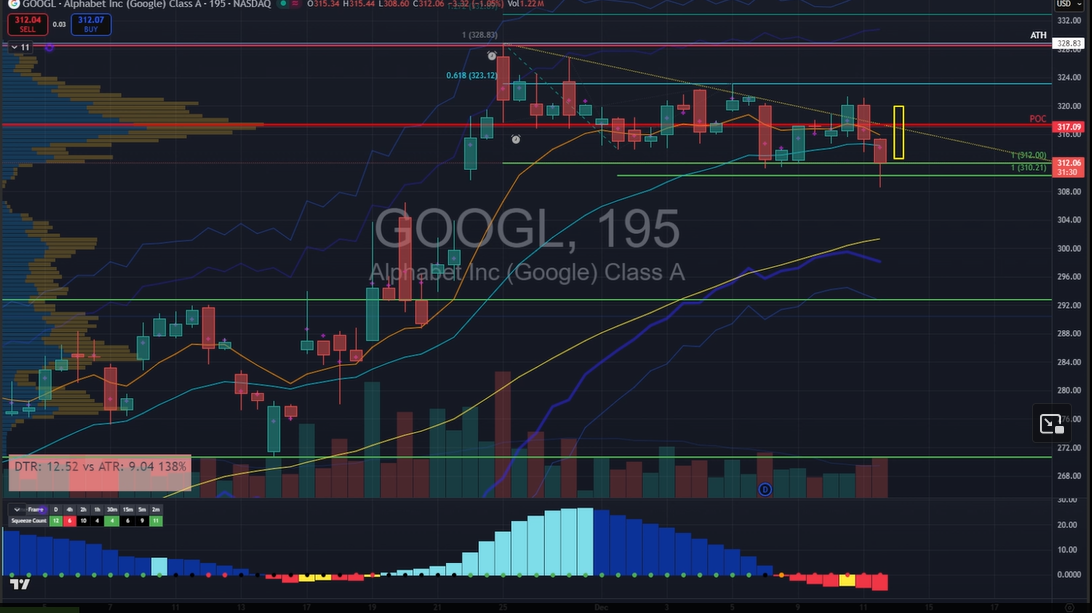The Source of the Biggest Gains in 2023
Editor’s Note: 2023 is upon us, and we want to share some fresh trading ideas as we head into the new year.
In today’s guest editorial, our friend and The Oxford Club’s Chief Investment Strategist, Alexander Green, covers one asset class that should outperform next year.
And if you are looking for more, Green is showing traders his “#1 investment for 2023.” The best part – Wall Street can’t touch this one. So if you’re bearish on the markets next year, you won’t want to miss this.
Green has already invested hundreds of thousands of his own money into this strategy – and right now he’s showing investors why he’s going “all-in” on this $3 play in 2023.
Happy trading.
– Ryan Fitzwater, Associate Publisher
Despite the recent market rally this week, most sectors of the market – with the exception of energy – are still down sharply for the year.
Some equity classes have fared worse than others.
Yet one class, in particular, is likely to seriously outperform in the year ahead.
It offers the best opportunities in the market right now, in my view.
Let’s start with a bit of background…
In a bear market, large cap stocks hold up better than midcaps. Midcaps hold up better than small caps. And small caps hold up better than microcaps, the smallest of small cap stocks.
However, history also shows that when the market lifts off in earnest, midcaps outperform large caps, small caps outperform midcaps, and microcaps outperform small caps.
In other words, the whole process reverses.
Microcaps are the most volatile class of stocks. They are also the most profitable in a rising market.
As you can see in the chart below, microcaps outperform everything else over the long haul.
It isn’t very close: $1,000 invested in large caps a century ago is worth $12.3 million. The same amount invested in small caps is worth $38.5 million. And $1,000 invested in a diversified portfolio of microcaps is worth $67.8 million.
The trade-off for this $55 million in outperformance is – you guessed it – greater volatility.
This is especially true of those microcap companies that are not yet profitable.
But pre-profit is not the same as pre-revenue.
I have never recommended a microcap that doesn’t already have substantial sales growth.
Those microcap firms that have not yet turned the corner on profitability saw their shares suffer the most in 2022.
It’s not hard to see why.
Companies that are unable to support their growth with their own cash flows must tap stock and bond markets periodically to raise fresh capital.
But interest rates are a lot higher than they were at the beginning of the year.
And it’s harder to complete a secondary stock offering in a down market.
Plus, low share prices make raising capital more expensive. More dilutive.
Here’s an example. Let’s say a company has 5 million shares outstanding at $20 a share… or a market cap of $100 million.
If the company needs to raise $20 million, it can issue 1 million new shares at $20. That would dilute existing shareholders by 20%, since there would then be 6 million shares outstanding instead of 5 million.
But look what happens if the share price declines to $5. To raise $20 million, it now must issue 4 million new shares.
That would take the total number of shares outstanding to 9 million, a far greater dilution.
That’s a big reason why small, unprofitable companies get such a haircut in a down market.
But here’s the good news…
For starters, this reality is already reflected in share prices. It’s a big reason why microcap stocks are down so much.
It’s also important to remember that many of the market’s biggest gainers over the past few decades – companies like Amazon (Nasdaq: AMZN), Tesla (Nasdaq: TSLA) and Netflix (Nasdaq: NFLX) – saw their biggest gains before they ever earned their first dollar.
Investors could see that blockbuster sales growth would eventually turn into powerful earnings growth.
And so they bid the shares up in anticipation of big profits down the road.
I expect the same thing to happen in 2023, as microcaps with double- and triple-digit sales growth – but no profits yet – bounce back in a big way and turn in a bravura performance.
Unfortunately, most equity investors have a strong tendency to believe that what they should have done in the past is what they ought to do now.
In other words, if large cap value stocks held up best in 2022, that’s where investors believe they should put fresh money to work for 2023.
![]()
YOUR ACTION PLAN
Large caps and midcaps should do fine next year. But not nearly as well as microcaps.
That’s why it makes sense to position yourself for the turnaround that lies ahead.
In fact, I’ve personally already gone all-in.
To learn more about the fantastic upside potential of microcap stocks in 2023, just go here.
And please excuse me when I say “I told you so” this time next year.
Good investing,
Alex
FUN FACT FRIDAY
This has been a rough year for Tesla. The EV company started 2022 with a market cap of $1.2 trillion. Shockingly, it has dropped roughly $800 billion from its peak this year. That drop in value alone is bigger than the combined valuation of pretty much every car manufacturer you could think of.



























